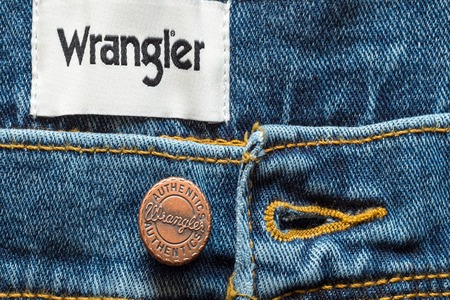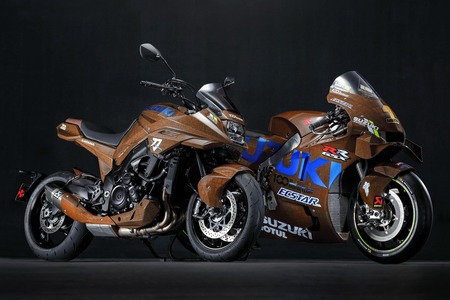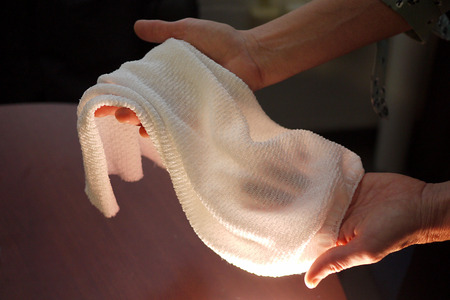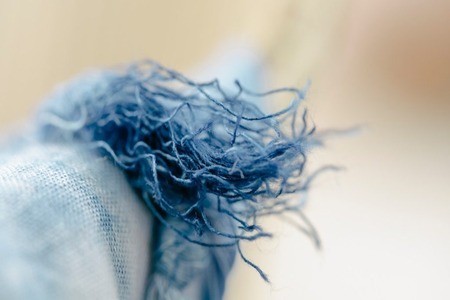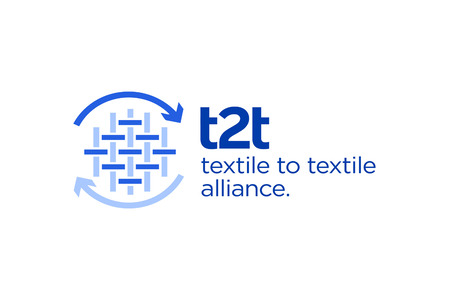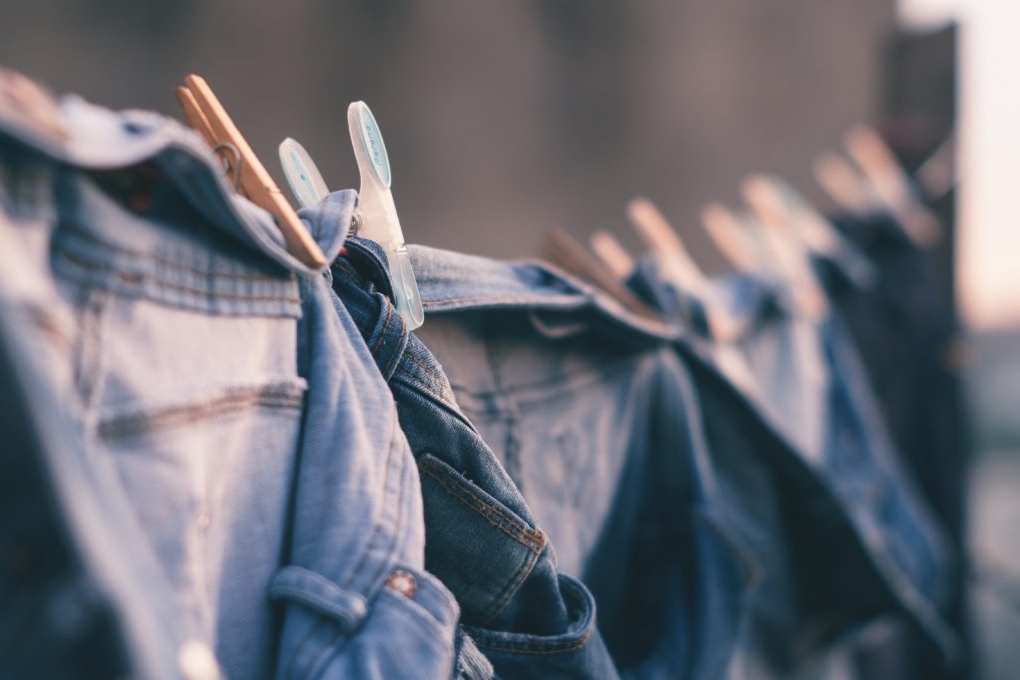
Apparel Impact Institute launches first sustainability program in US
YarnsandFibers News Bureau 2021-07-21 11:08:15 – USAThe Apparel Impact Institute (Aii), a leading organization for creating scalable solutions for the apparel and footwear industry, is bringing sustainability home with current facility efficiency projects in 7 countries throughout Europe and Asia.
This summer, the San Francisco-based organization began feasibility research for implementing its ‘Clean by Design’ (CBD) program in apparel manufacturing facilities in California, with the goal of developing a customized version of the program to increase efficiencies and renewables in the state while also exploring other innovative solutions.
To fund the feasibility study, Aii has teamed up with the Bank of the West, the country's top sustainable bank, and another San Francisco-based institution. The BNP Paribas subsidiary has committed a $100,000 grant to get the initiative off the ground.
Clean by Design, which was developed by the Natural Resources Defense Council (NRDC) in 2010 and focuses on the energy, water, and chemical management, is based on a decade of experience and results in scaling efficiencies in the clothing supply chain in China, Vietnam, India, and other countries. The project will begin with an assessment of existing manufacturing conditions and the identification of garment industry brand/retailer partners, joint suppliers, and participation prospects.
Lewis Perkins, president of Aii, said that the Clean by Design approach works because it can be modified to fit the demands of specific production facilities. They're excited to see how it might assist manufacturers in this state, where environmental protection is a key priority for many residents.
For Aii, piloting in a state where philanthropic and other types of money are available to alter the local garment supply chain and establish a leadership position makes sense, especially because Los Angeles has long been a fashion pioneer.
Perkins added that they enjoy leaning into the heritage of LA in the fashion business. California has a well-deserved reputation for supremacy in some product categories such as streetwear and denim. They want to make sure that this region can be proud of the way these items are created, as well as the environmental standards and procedures that go into their production.
The feasibility stage of this initiative will give further information about the long-term role Aii may play, not just in the wet processing and other manufacturing phases of clothing items in Greater Los Angeles, but also in a more holistic “farm to closet” value chain.
Melissa Fifield, Bank of the West's head of corporate social responsibility and sustainability, said that they're proud to have the strongest environmental stance of any major U.S. bank and they applaud the fashion and apparel sector for working with collaborative organizations like Aii to meet their climate targets. After seeing what the Clean by Design program has accomplished in other areas of the globe, they’re excited to assist in bringing sustainable solutions to California garment makers and adapting them to their needs.
It was a logical fit for Aii to partner with the Bank of the West to begin its sustainability program in California. The Bank of the West has regulations in place to limit funding for the dirtiest kinds of fossil fuel extraction, such as tar sands and Arctic drilling, as well as other detrimental to people and the environment activities, such as big tobacco.
Bank of the West committed $1 billion to finance clean, efficient, and renewable energy and is on course to meet that promise ahead of time. It created the 1% for the Planet checking account to empower users to take individual climate action by allowing them to track the CO2 effect of their transactions and donating 1% of the account's net earnings to environmental charities. Protect Our Winters, 1% for the Planet, and the Conservation Alliance have chosen Bank of the West as their first and only major U.S. bank to collaborate with them.
Market Intelligence
Ask for free sample Report

experience
Customer Base
dedicated team
Countries Served Worldwide




